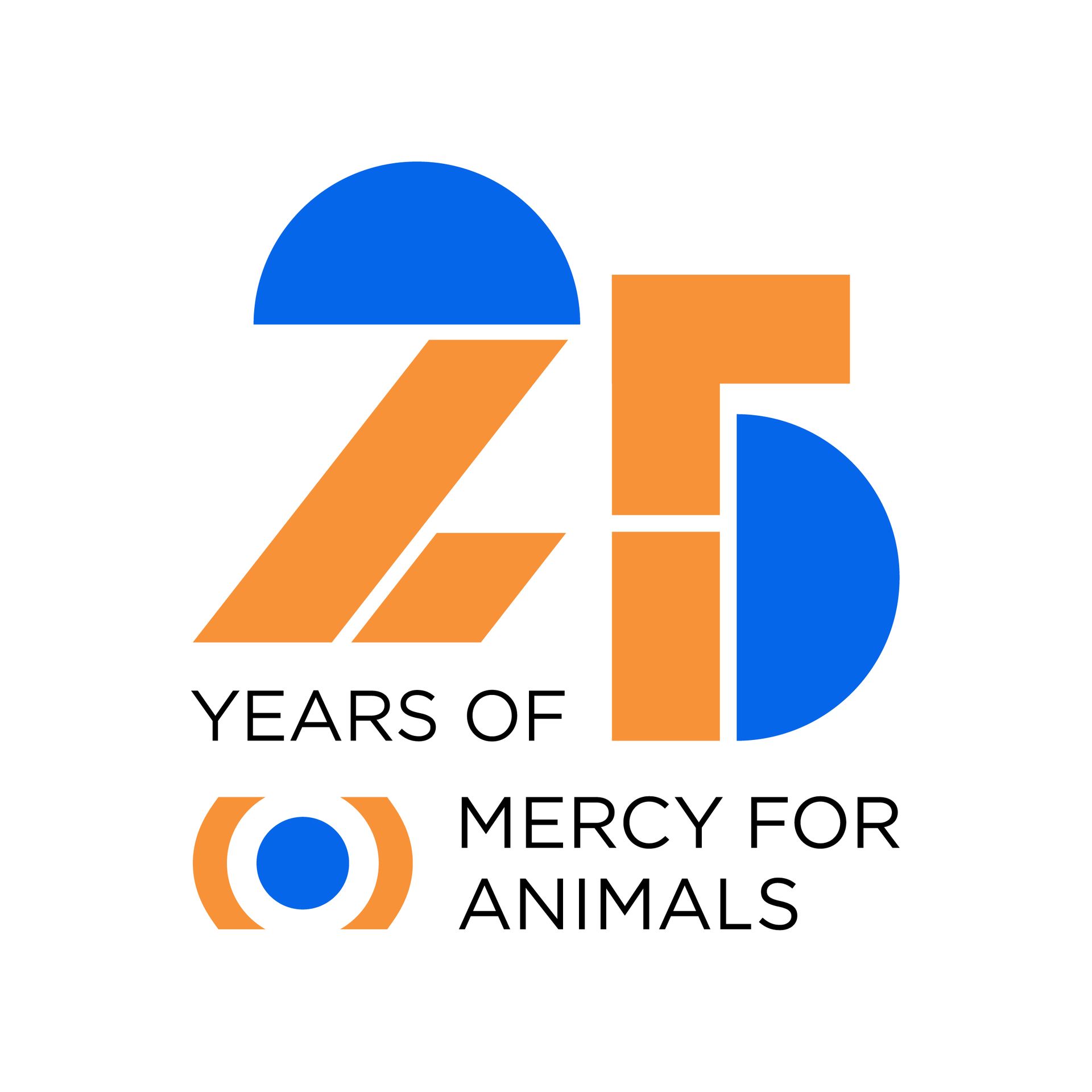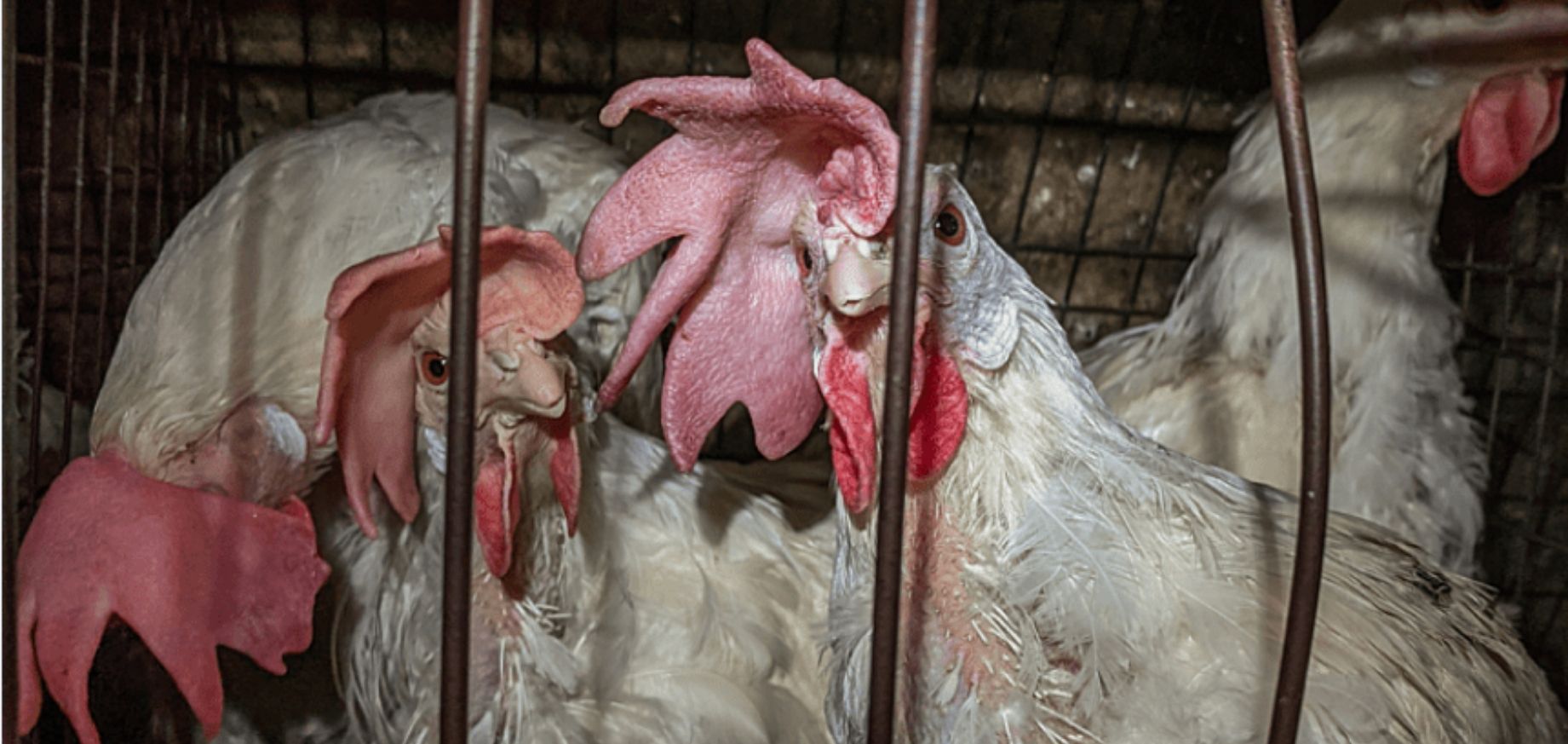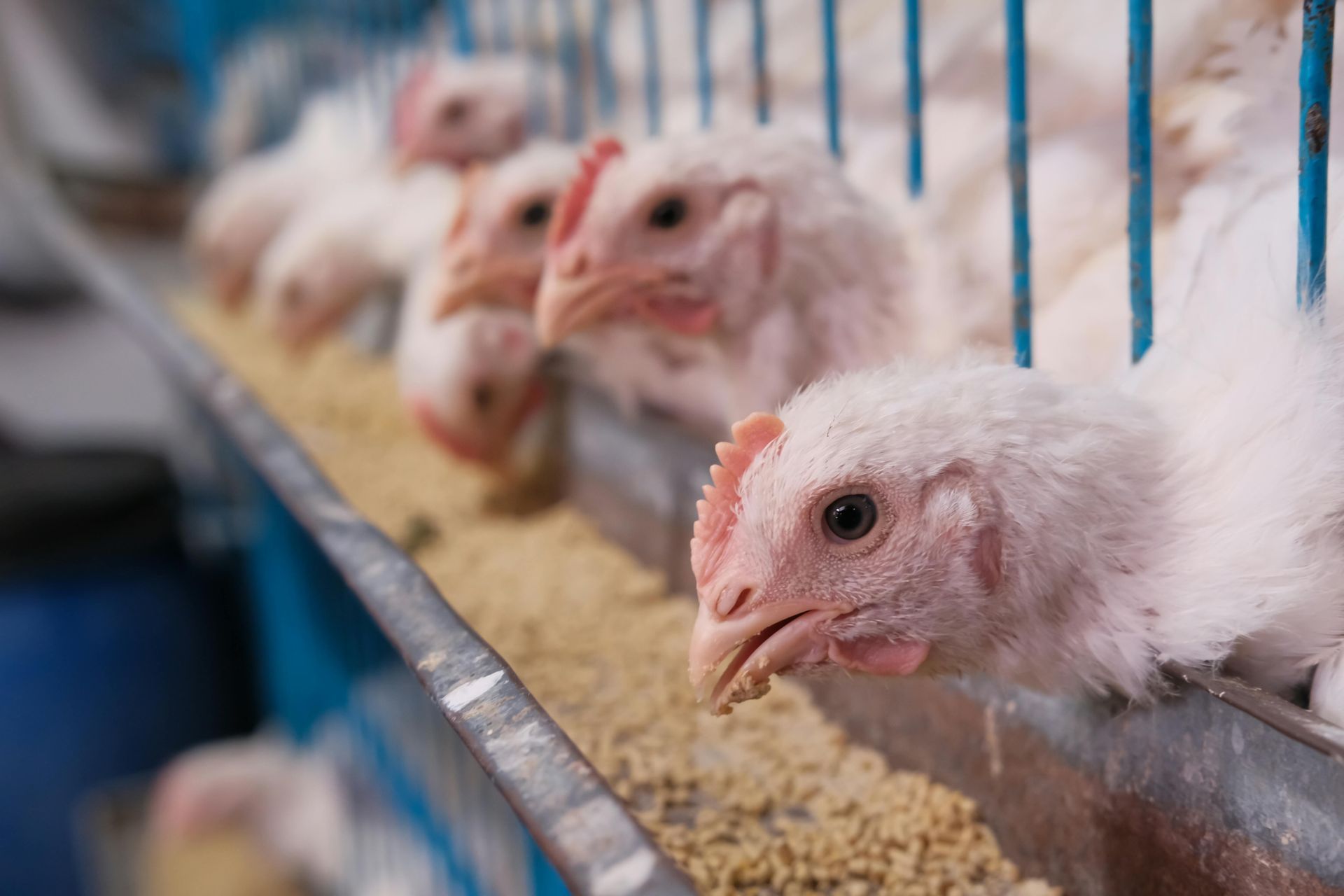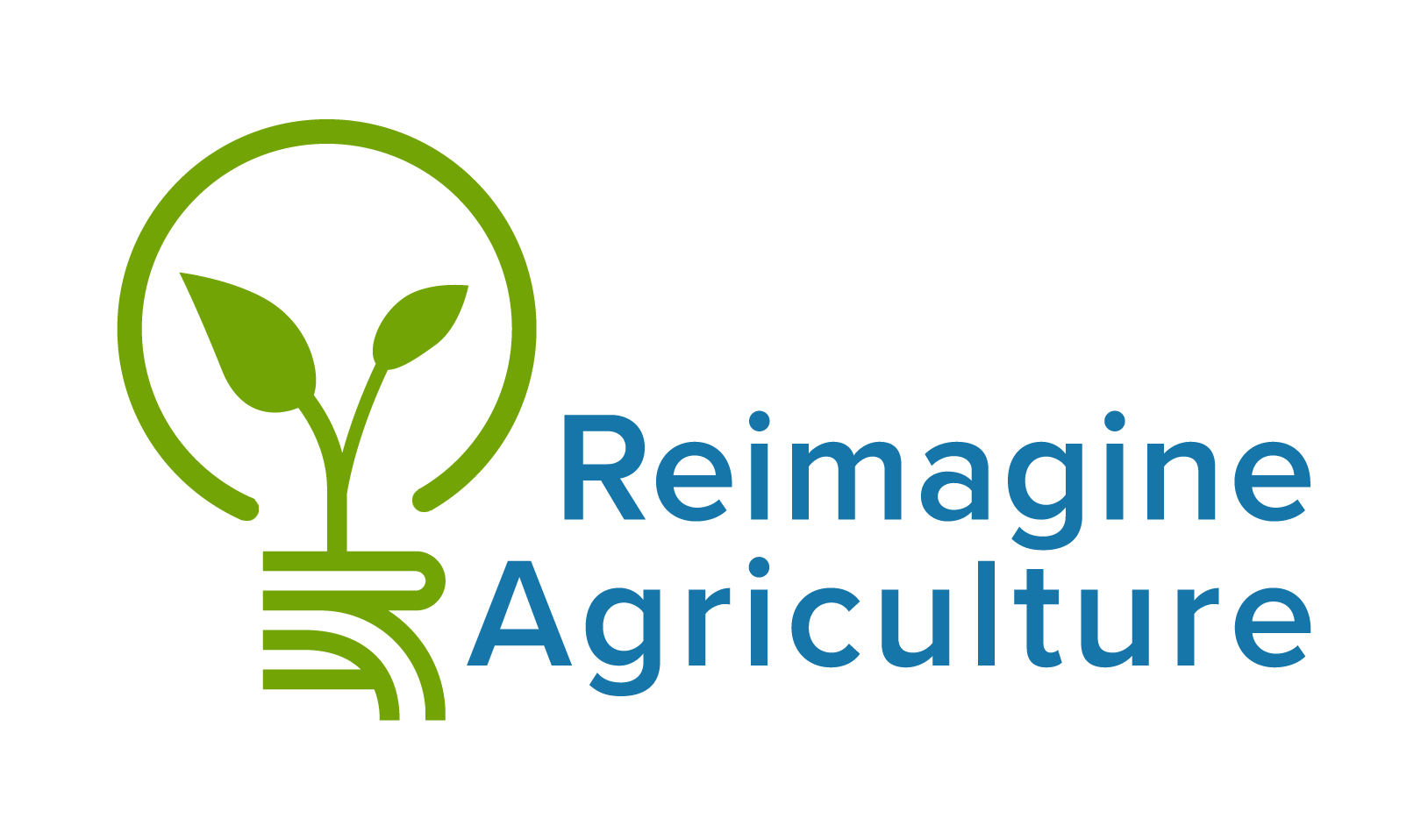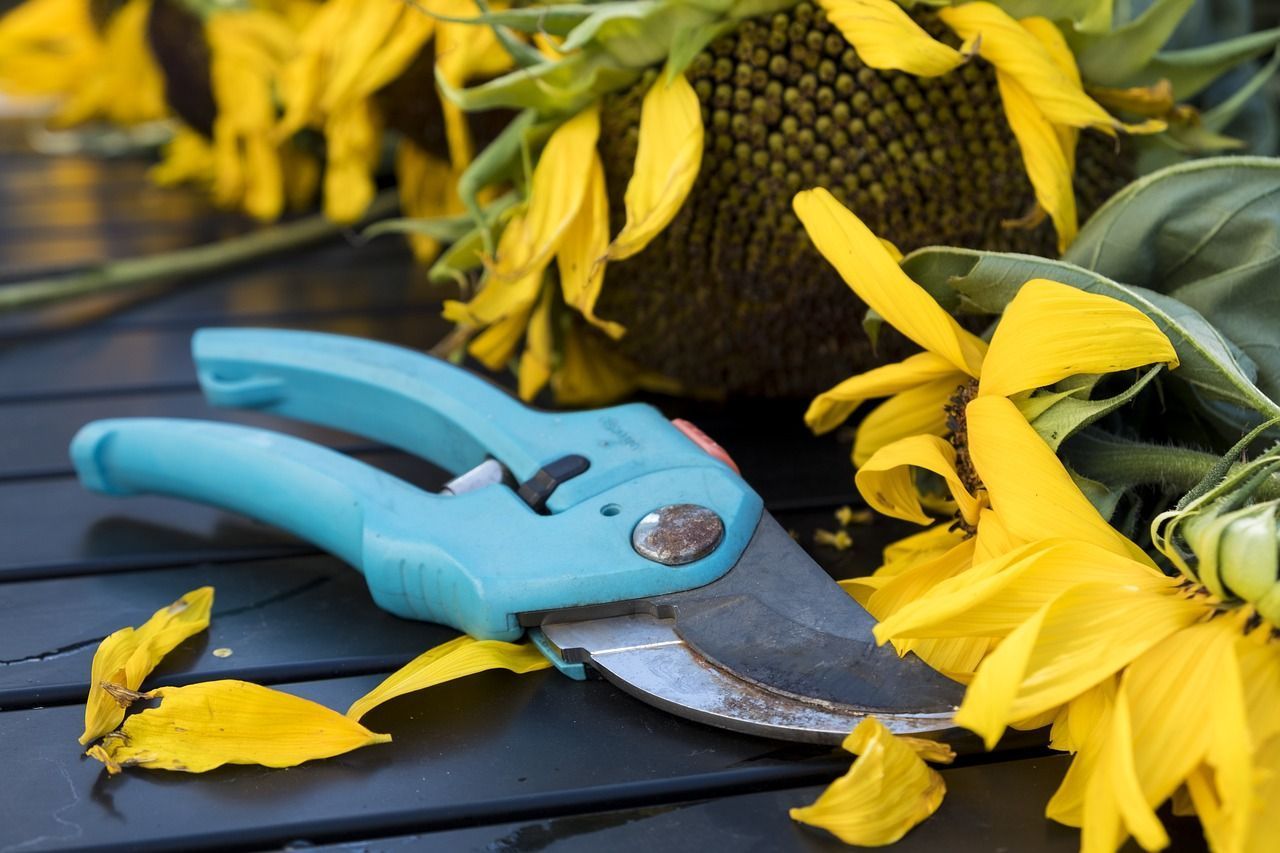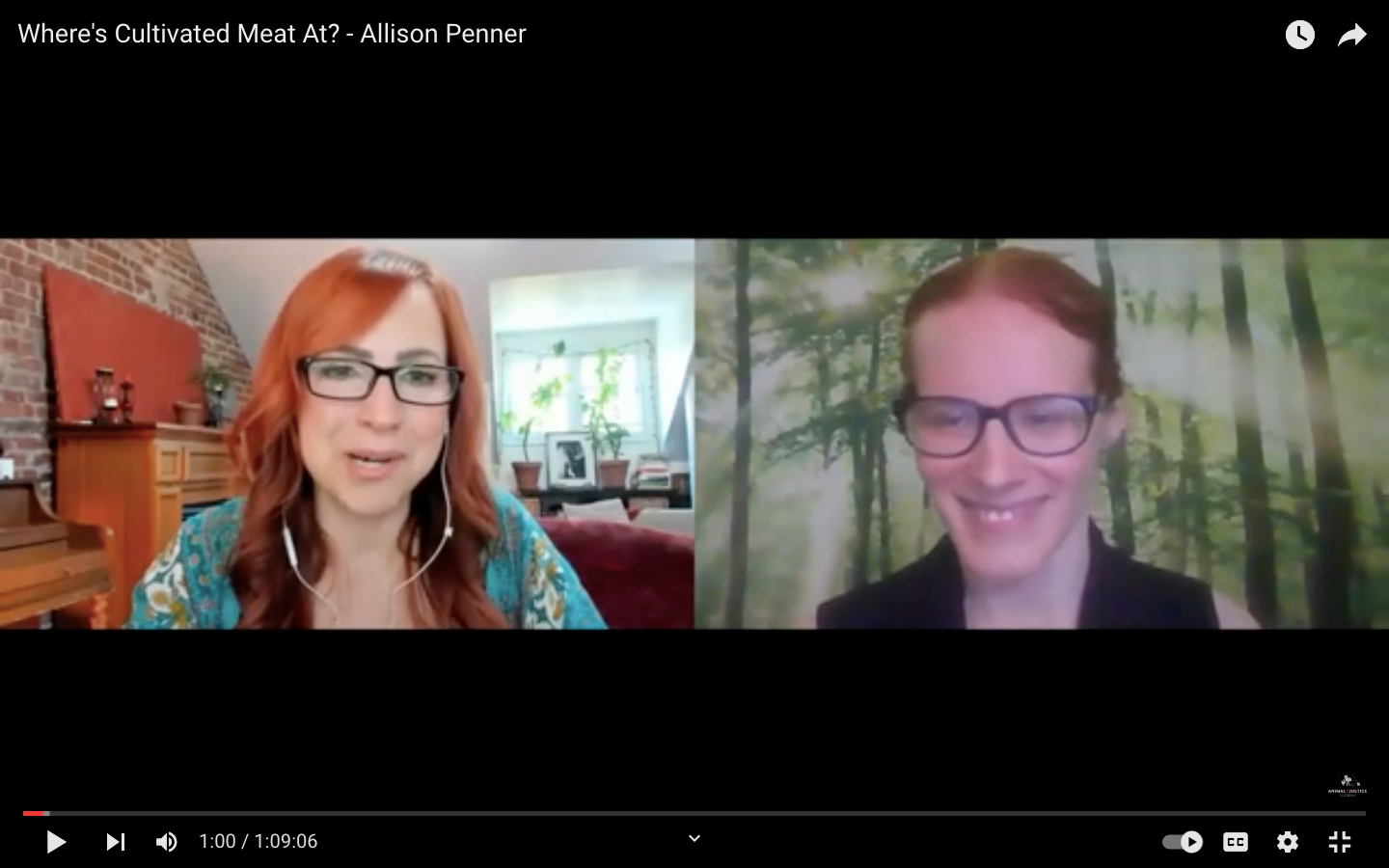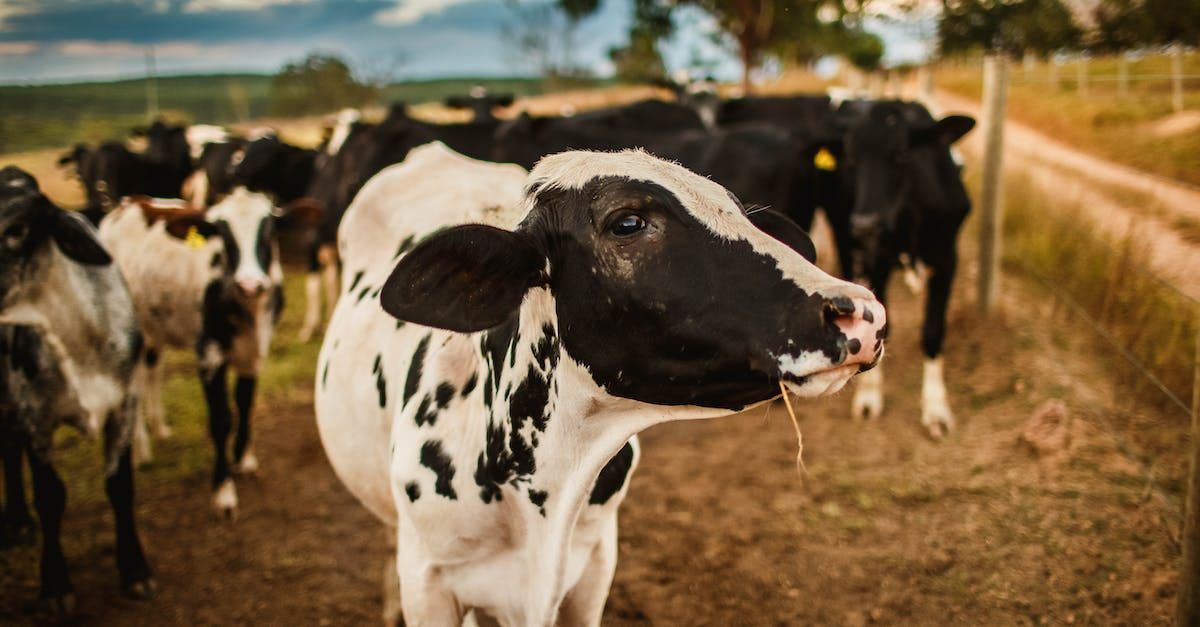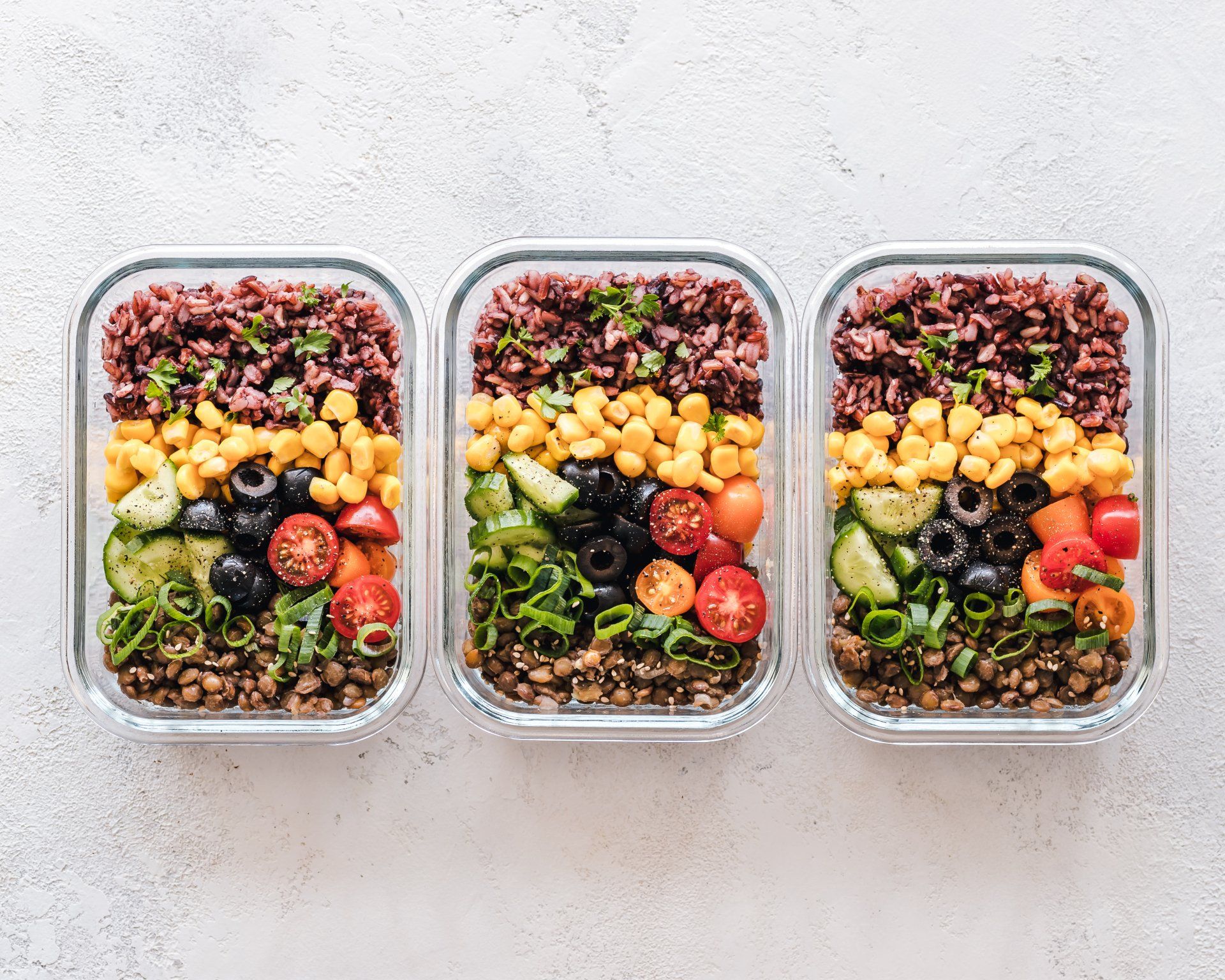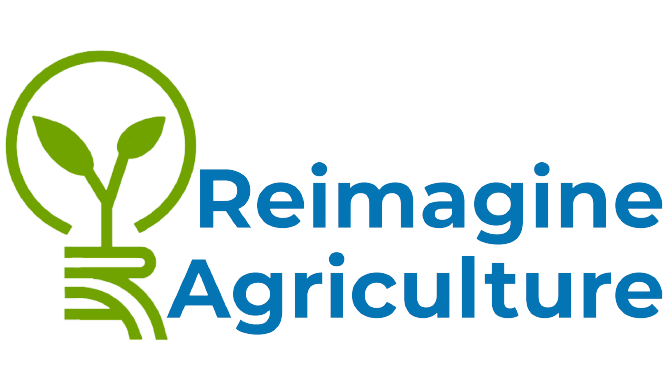Canada’s Top Egg Producer Just Won’t Let Caging Go
This blog post is brought to you by friends of Reimagine Agriculture, Mercy For Animals.
When a table at a global summit collectively gasps in shock, you might not expect that Canada is the topic of conversation. But when I joined other professional animal advocates at the largest global chicken welfare summit last fall, Canada’s farm practices surprised and disappointed representatives from around the world.
At my table were reps from Poland, Japan, Australia, and Latin America. As we discussed overcoming barriers to raising industrial farms’ animal welfare standards in our regions, it became clear that when it comes to the well-being of farmed animals, Canada has fallen dangerously behind its peers — and the actions of one company in particular threaten to further undermine Canadian progress.
I’ve worked with Canada’s largest food companies for years to improve animal welfare in their supply chains. Most have already taken action on one of the greatest concerns in farms today: extreme confinement. But more action is needed, as most chickens in the Canadian egg industry still spend their lives in small cages with wire flooring and barely enough room to take a step.
In Canada’s egg farms, 83% of birds suffer in cages, while the UK has reduced its cage use to 25% of production. Why is Canada still caging millions of chickens year after year?
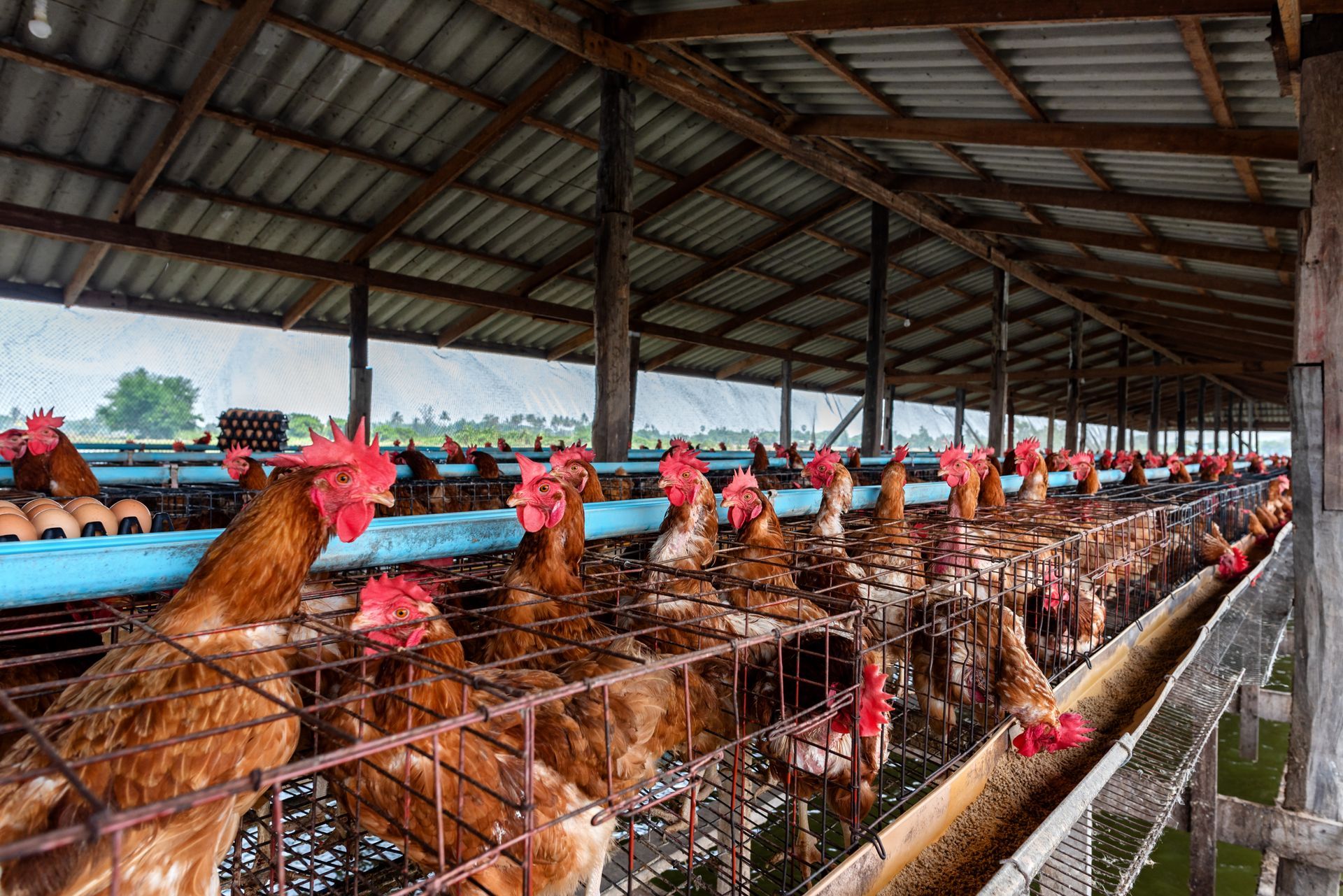
Globally, animal welfare has been elevated as a critical social responsibility of food companies. But in Canada, a uniquely powerful agricultural sector influenced by industry giants like Burnbrae Farms — the country’s largest egg producer — is both unaccountable to the public and undermining its biggest buyers’ public commitments to consumers and investors.
Polls continually show that Canadians care about animal welfare. Industrial animal agriculture may attempt to portray Canadian agriculture as overregulated, but the truth is that Canada has almost no federal laws protecting farmed animals — as years of horrific undercover footage from whistleblowers have made painfully clear.
Companies in Canada, like Unilever, Panago, and even McDonald’s, are joining the wave of businesses around the globe in successfully going cage-free; most major food companies in Canada have committed to phasing out cages by 2025. Many jurisdictions are passing laws making caging chickens illegal. Yet Burnbrae doesn’t even report how many of their chickens are still confined to cages.
Instead, the company offers misleading reports on “alternative housing,” lumping together so-called enriched cages (which are only slightly larger than standard “battery” cages), and cage-free operations. You won’t find the word “cage” in Burnbrae’s latest annual report, even though most of the companies’ chickens still suffer in them.
In recent years, I’ve seen Burnbrae address important social issues, from gender representation in leadership to water conservation, while avoiding the caged chicken in the room. While Canada’s egg industry is expected to phase out conventional battery cages by 2036 — a ban that followed nearly 100 corporate cage-free commitments by 2017 — Canada’s largest egg producer still enables transitions to “enriched” cages as a workaround on the ban. Where Burnbrae should focus on responsibly investing in cage-free systems to meet corporate and consumer demand, they are instead posing roadblocks to companies in implementing better standards for animals.
The data shows that Canadians don’t want bigger cages. They want no cages. More than seven out of 10 Canadians surveyed find enriched cages unacceptable and support a national ban on all cage confinement of chickens. Twenty-seven countries and nine U.S. states have cage-free laws — laws that are supported by over 2,500 corporate cage-free commitments around the world.
As extreme confinement ages into a sad, brutal relic of our global farming history, this is Canada’s moment to take a lead in animal welfare — rather than be shamed into action by other nations. Burnbrae Farms must see what the rest of the world saw at the global summit: It is time to leave behind a cruel system that no one wants.
PJ Nyman is the corporate engagement manager at Mercy For Animals Canada and holds a master’s degree in social and political theory from York University.
